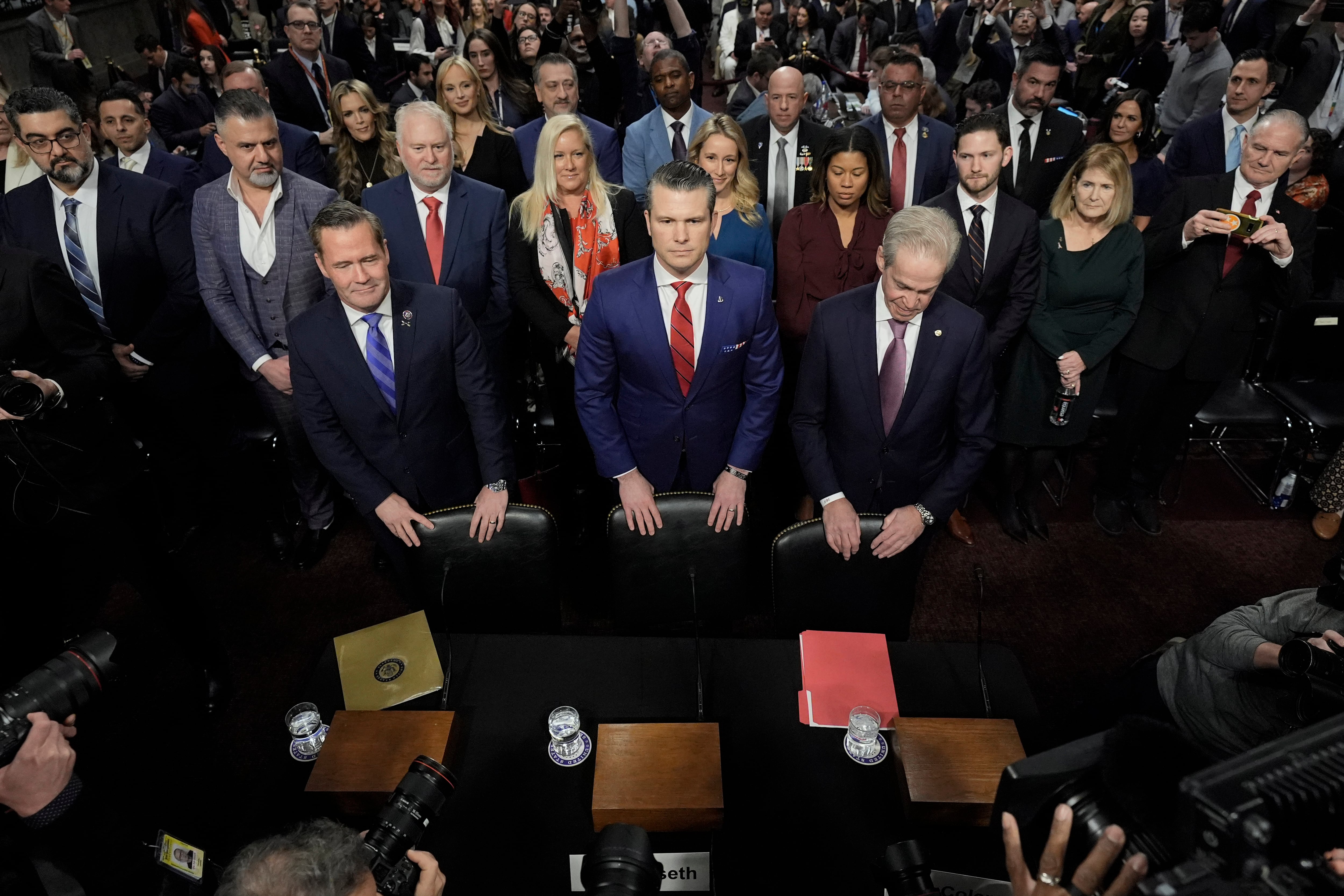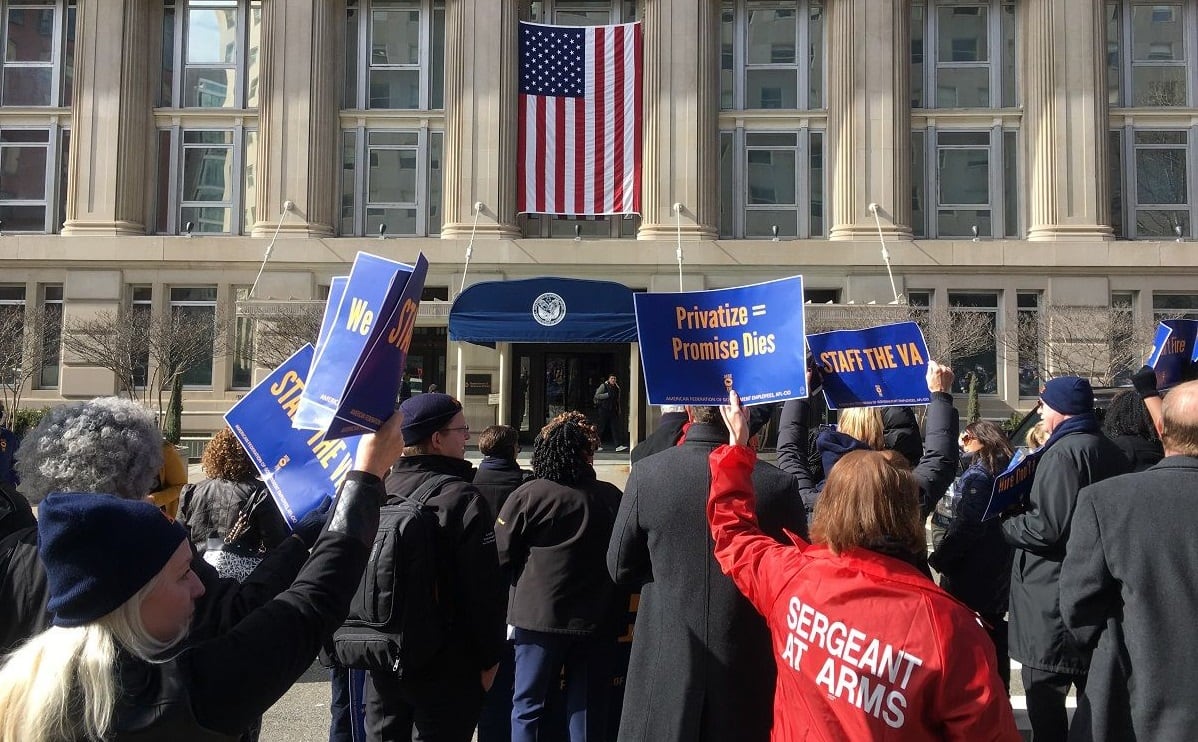WASHINGTON — Defense Secretary Ash Carter said Thursday he's investigating whether his department misled Congress in an effort to derail a contentious bill that would change the way the military handles allegations of sexual misconduct.
During testimony before the Senate Armed Services Committee, Carter assured the bill's sponsor, Sen. Kirsten Gillibrand, D-N.Y., that he's directed his staff to examine how summaries of dozens of sexual assault cases were prepared by the military services.
An Associated Press investigation found inaccuracies and omissions in a number of the case summaries, which portrayed civilian district attorneys and local police forces as less willing than senior military officers to punish sex offenders. The documents supported the Pentagon's position that stripping commanders of their power to decide which crimes go to trial — as Gillibrand's legislation proposes — will mean fewer victims will get justice because there will be fewer prosecutions.
The summaries were obtained through the Freedom of Information Act by the advocacy group Protect Our Defenders, which provided them to AP. Protect Our Defenders supports Gillibrand's bill. In a separate report, the group said the records "paint a categorically different picture from the one put forward by the Pentagon."
Prior to Carter's testimony, military representatives defended the accuracy of the information sent to Congress.
Gillibrand, referring to AP's investigation and the Protect Our Defenders' report, said she's "very troubled" that Congress may have received misleading information "with the intent of defeating legislation that I and others on this committee introduced to address the scourge of sexual assault in the military."
"So have you looked into these allegations yet?" she asked Carter.
Carter said the inquiry is ongoing. "It's important that we get it right," he said. "You're absolutely correct."
On Wednesday, Gillibrand and eight other senators sent Carter a letter requesting a meeting to discuss whether "the department deliberately misled members as they were debating an issue of policy and oversight."
Previously, the more than 90 cases had been discussed publicly only as statistics that underpinned the Pentagon's objections to Gillibrand's bill, the Military Justice Improvement Act.
Opponents of Gillibrand's bill, including Sen. Claire McCaskill, D-Mo., have cited the cases, saying each one represents a victim who would never have had a day in court if Congress curbed the authority of commanders.
McCaskill told AP that "if the military was sloppy or misleading in the way they presented information, I'll go after them with my claws bared."
But she said the cases highlighted a broader message that she believes has been lost in the often acrimonious debate over how to end sexual assaults in the armed forces. The reluctance of victims to step forward is the reason many cases aren't investigated or prosecuted, McCaskill said, not because there were "commanders trying to put their fingers on the scale."
McCaskill and Sen. Joni Ernst, R-Iowa, on Thursday introduced legislation to protect military sexual assault victims from being retaliated against for reporting the crimes.
Copyright 2016 The Associated Press. All rights reserved. This material may not be published, broadcast, rewritten or redistributed.





